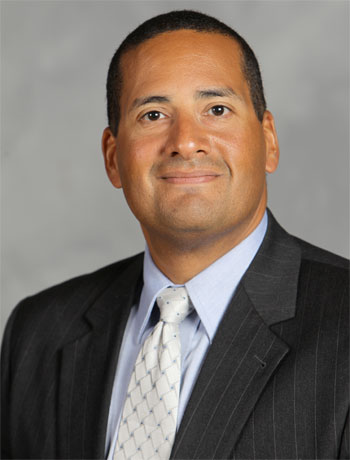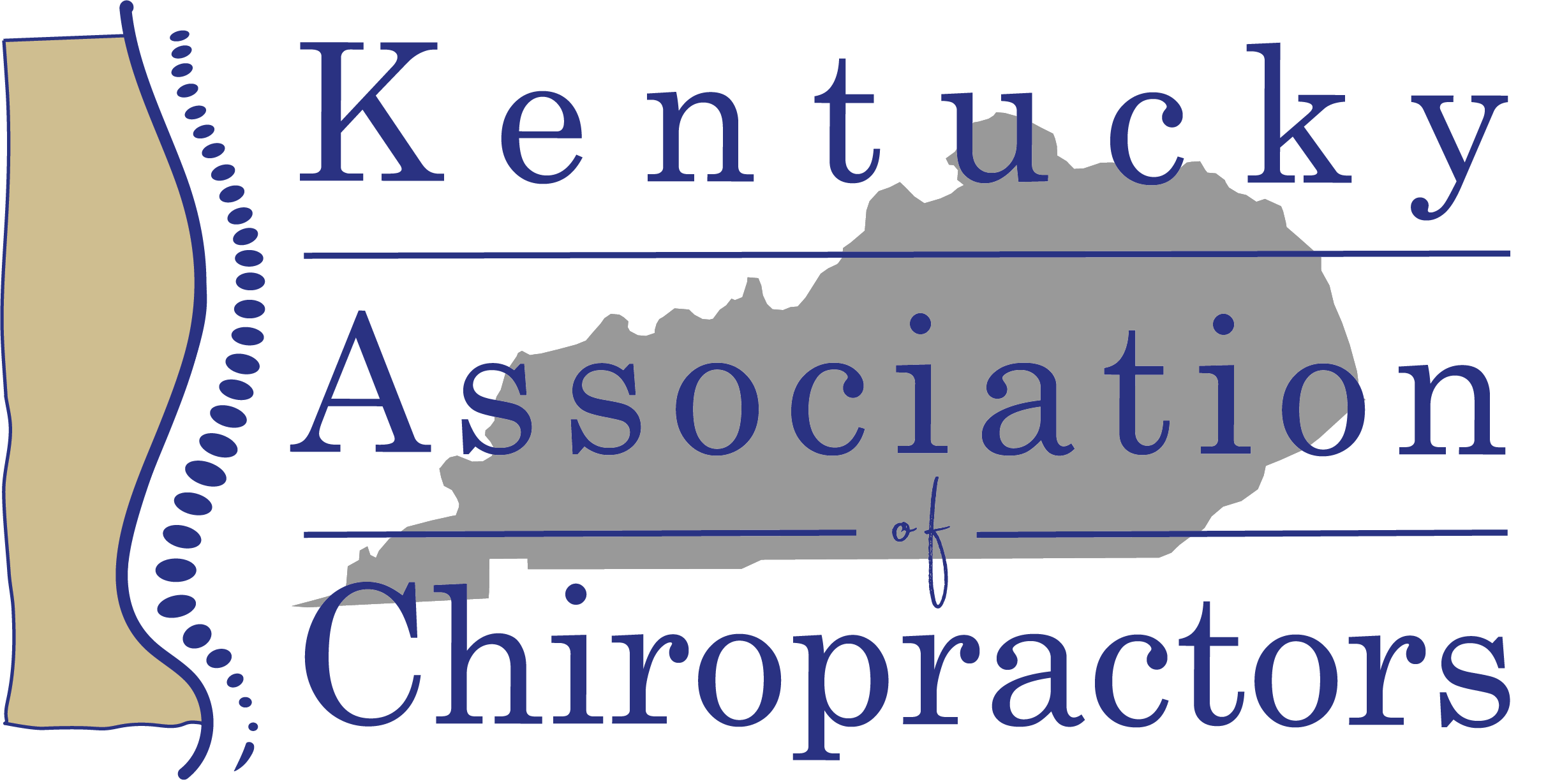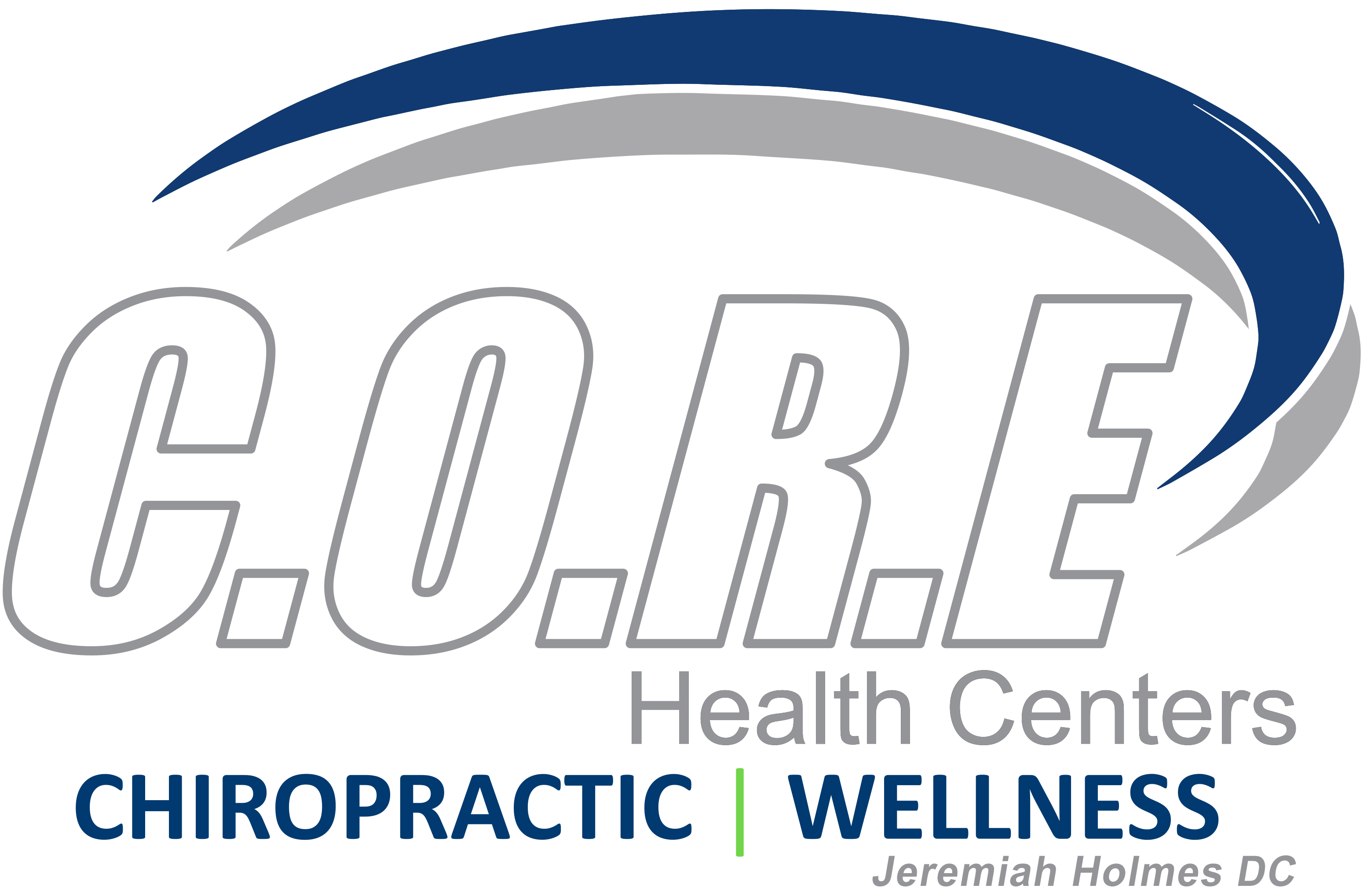Author: John Davila, DC
Across my travels to chiropractic schools and practices, the most confusing issue I run into is the definition of what a “Cash Practice” is and what liabilities a cash practice has.
Let’s address the simple part of the cash practice conversation by confirming there is no such thing as a “Cash Practice”. Before you get all up in arms, let me agree with you that you may be collecting cash up front and not from the insurance company. But, there are a few reasons why you have the same exact liability as someone who collects money directly from an insurance company.
Recently, I’ve been approached by doctors who need support for audits they’re dealing with. In these cases, the doctor was out of network and did not accept assignment. This means they gave the patient a superbill, the patient submitted the superbill and the doctor was still audited. These doctors have attempted to distance themselves from any liability because they did not file the claim personally. But, the insurance carriers feel the doctor caused an incorrect claim to be filed because they supplied the patient with a superbill that contained billing information that was incorrect or not supported in the doctor’s notes.
In other cases, I’ve seen doctors taken to the board of examiners when the patient has filed a complaint. Since every case reported to your board of examiners must be investigated, when this happens, the doctor’s records will be requested and the quality of notes must be what they are looking for regardless of who is paying the bill. Because of this, you should make HIPAA compliance, risk management and the quality of your notes a higher priority than how the patient paid for your services.
Remember, your documentation should reflect the care provided as well as support the current procedural terminology (CPT) code you use, not how a patient pays for your services. If you document based on how the patient presents rather than whether he or she is self-pay, you’ll mitigate your risk going forward. Cash may be king, but it doesn’t trump your minimum requirements.

To learn more about ChiroPreferred, click here!
About the Author

Dr. Davila graduated from Palmer College of Chiropractic and then ran 3 successful practices in South Carolina. Since 2000, Dr. Davila has been training doctors and staff on federal and state insurance compliance as well as working with several chiropractor colleges to improve compliance education. He is considered a foremost expert and has consulted for Axis Healthcare, Blue Cross Blue Shield of South Carolina, American Specialty Health Network, Colonial Life, and others. He also served on the American Chiropractic Association’s Medicare Advisory and Blue Cross Blue Shield Blue CHIP Committees.



